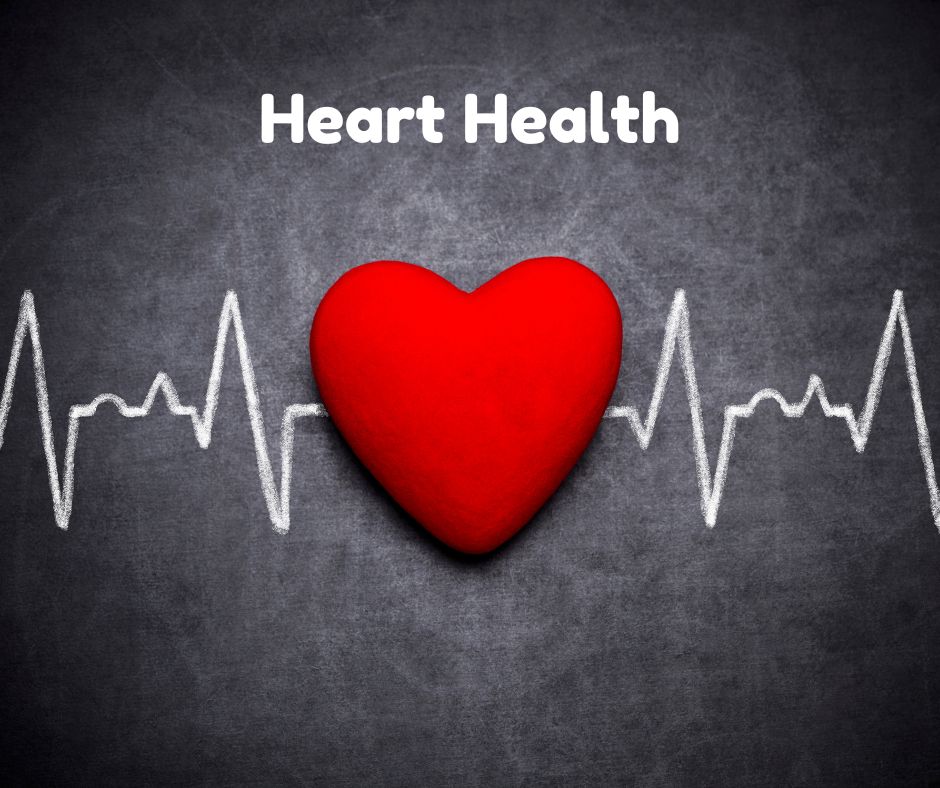The Role of Omega-3 Fatty Acids in Heart Health Benefits and Sources

Omega-3 fatty acids are essential nutrients that play a critical role in maintaining heart health and overall well-being. These healthy fats are known for their anti-inflammatory properties and their ability to reduce the risk of cardiovascular diseases. In this article, we’ll explore the benefits of omega-3s, their impact on heart health, and the best dietary sources to incorporate into your daily routine.
What Are Omega-3 Fatty Acids?
Omega-3s are a type of polyunsaturated fat that the body cannot produce on its own. They must be obtained through diet or supplements. The three main types of omega-3s are:
ALA (Alpha-Linolenic Acid): Found in plant-based foods like flaxseeds and walnuts.
EPA (Eicosapentaenoic Acid): Found in fatty fish and seafood.
DHA (Docosahexaenoic Acid): Also found in fatty fish and seafood, DHA is crucial for brain health.
Top Benefits of Omega-3s for Heart Health
Reduce Triglycerides
Omega-3s lower high triglyceride levels, a risk factor for heart disease.
Lower Blood Pressure
Regular consumption of omega-3s can help reduce blood pressure, especially in individuals with hypertension.
Prevent Plaque Build-Up
Omega-3s help prevent the formation of arterial plaque, reducing the risk of atherosclerosis.
Decrease Inflammation
Chronic inflammation is a major contributor to heart disease. Omega-3s have anti-inflammatory properties that protect the heart.
Improve Cholesterol Levels
Omega-3s increase HDL (good cholesterol) and reduce LDL (bad cholesterol), promoting a healthier lipid profile.
Reduce the Risk of Arrhythmias
Omega-3s help stabilize heart rhythms, reducing the risk of abnormal heartbeats that can lead to sudden cardiac death.
Best Dietary Sources of Omega-3s
Fatty Fish
Salmon, mackerel, sardines, and tuna are excellent sources of EPA and DHA.
Plant-Based Oils
Flaxseed oil, chia seed oil, and canola oil are rich in ALA.
Nuts and Seeds
Walnuts, flaxseeds, and chia seeds are great plant-based sources of omega-3s.
Fortified Foods
Some eggs, milk, and yogurt are fortified with omega-3s.
Supplements
Fish oil, krill oil, and algae-based supplements are convenient ways to meet your omega-3 needs.
How Much Omega-3 Do You Need?
The American Heart Association recommends eating at least two servings of fatty fish per week (about 3.5 ounces per serving).
For those who don’t consume fish, supplements providing 250–500 mg of combined EPA and DHA daily are recommended.
Tips for Incorporating Omega-3s into Your Diet
Add Fatty Fish to Your Meals
Grill or bake salmon, mackerel, or sardines for a heart-healthy dinner.
Sprinkle Seeds on Your Food
Add flaxseeds or chia seeds to smoothies, oatmeal, or yogurt.
Use Omega-3-Rich Oils
Replace regular cooking oils with flaxseed oil or canola oil.
Snack on Nuts
Keep a handful of walnuts as a convenient and nutritious snack.
Consider Supplements
If you’re unable to get enough omega-3s from food, consult your doctor about taking supplements.
Conclusion
Omega-3 fatty acids are essential for maintaining heart health and reducing the risk of cardiovascular diseases. By incorporating omega-3-rich foods like fatty fish, nuts, and seeds into your diet, you can support your heart and overall well-being. Start small, make mindful choices, and enjoy the benefits of a heart-healthy lifestyle.
Frequently Asked Questions (FAQs)
- Can I get enough omega-3s from plant-based sources?
Plant-based sources provide ALA, which the body converts to EPA and DHA. However, the conversion rate is low, so consider supplements if you don’t eat fish.
- Are omega-3 supplements safe?
Yes, but consult your doctor before starting, especially if you’re on blood-thinning medications.
- How do omega-3s reduce inflammation?
Omega-3s produce anti-inflammatory compounds that counteract the effects of pro-inflammatory molecules.
- Can omega-3s help with weight loss?
While not a weight-loss solution, omega-3s can support metabolism and reduce inflammation, which may aid in weight management.
- What’s the difference between fish oil and krill oil?
Both are rich in EPA and DHA, but krill oil contains antioxidants and may be more easily absorbed by the body.
- Are there any side effects of omega-3s?
High doses may cause mild side effects like fishy aftertaste, digestive issues, or increased bleeding risk.


